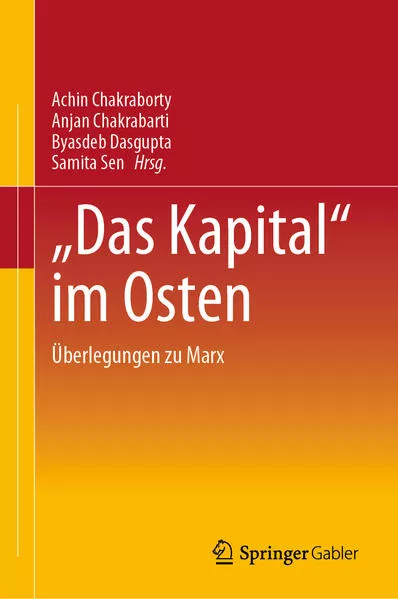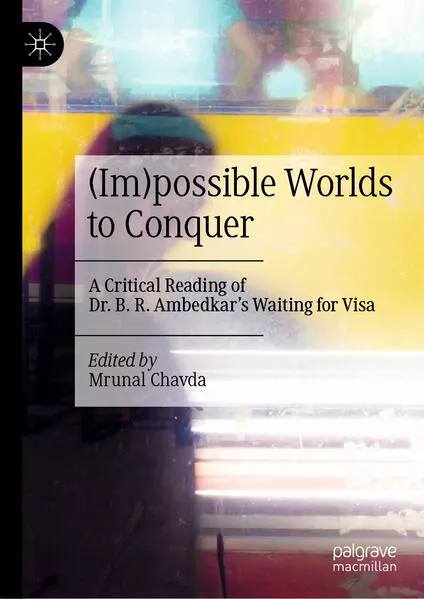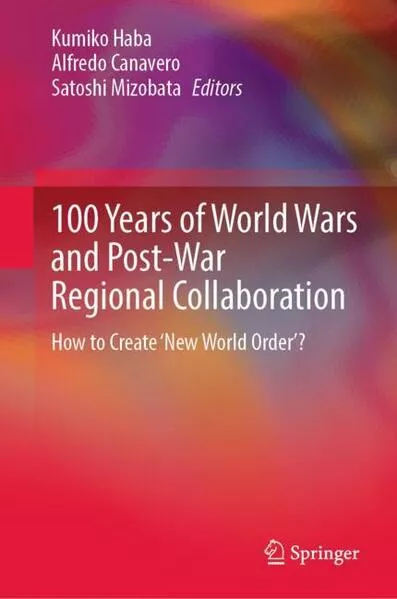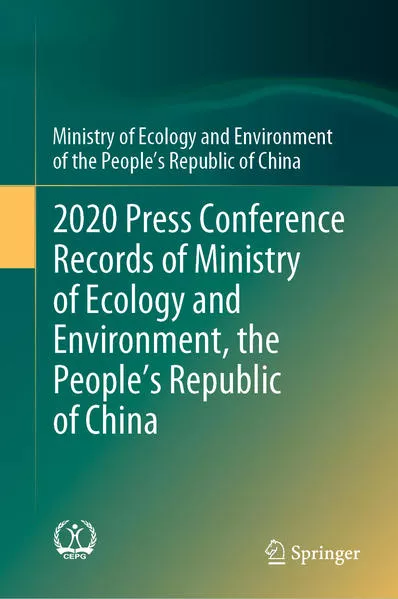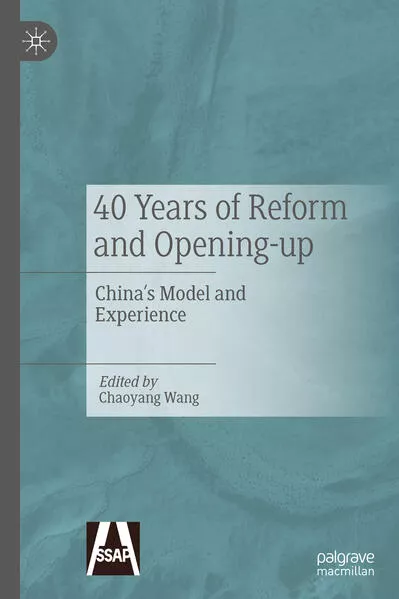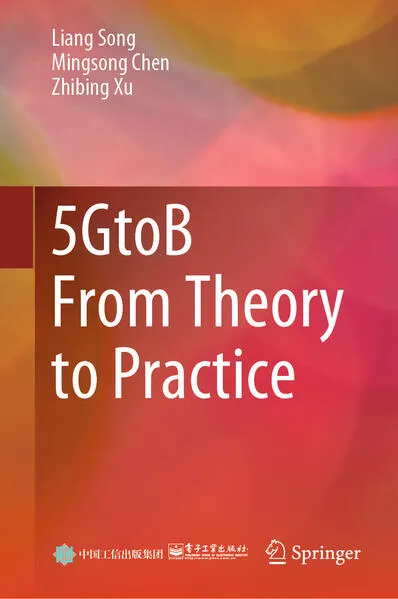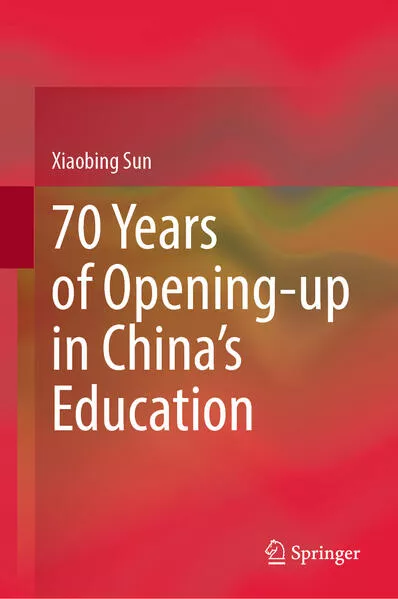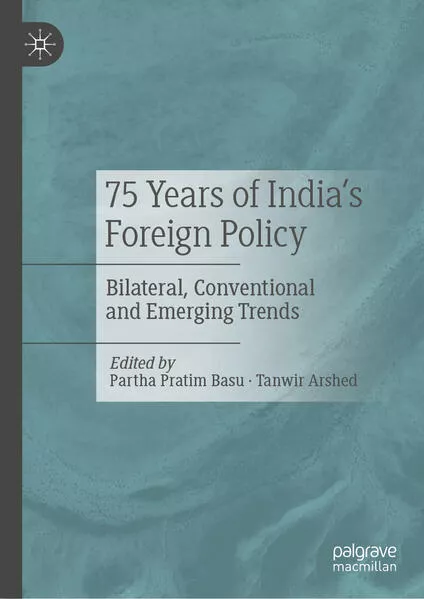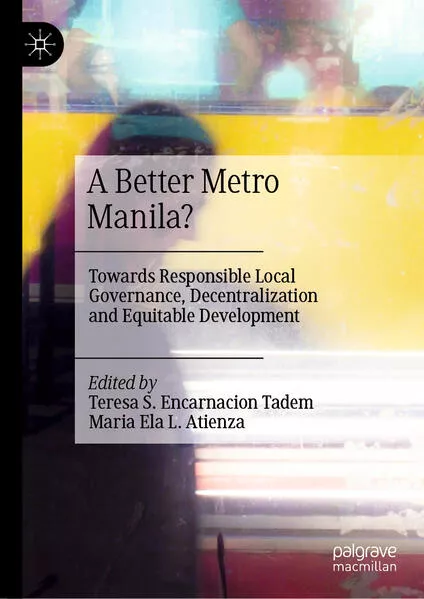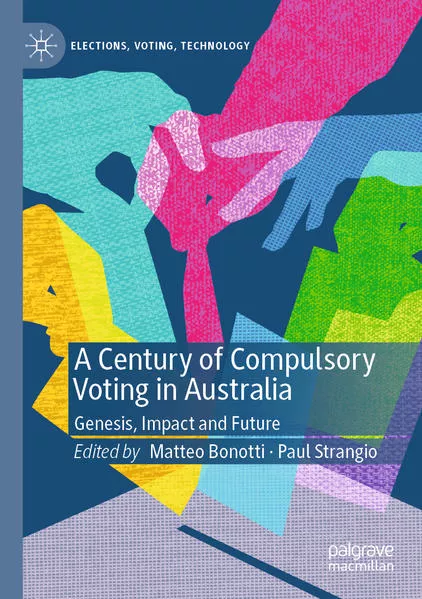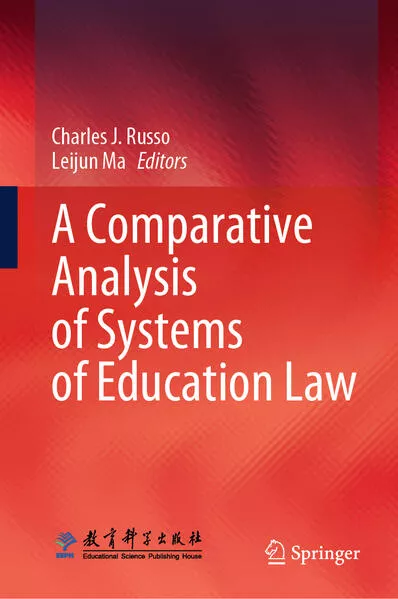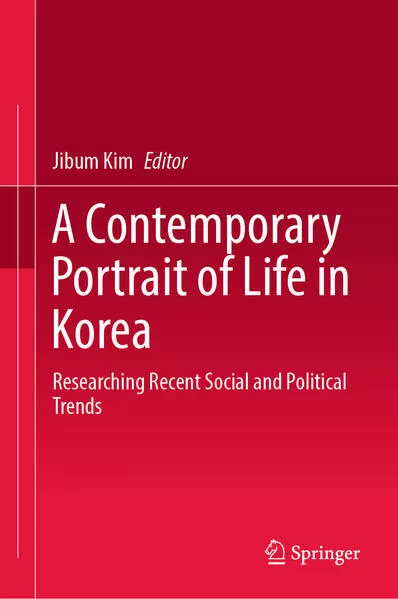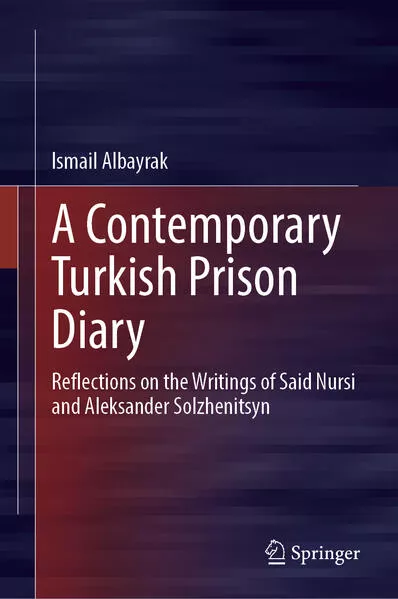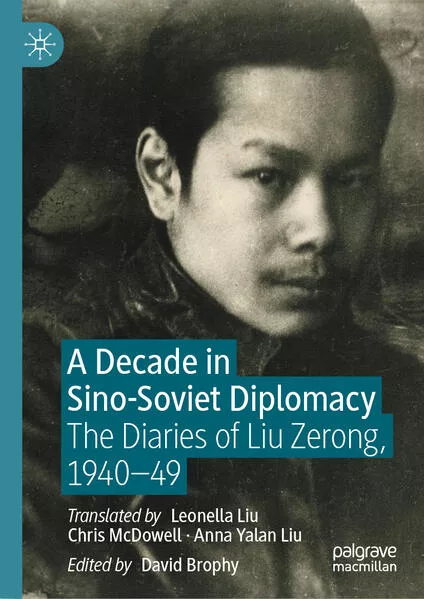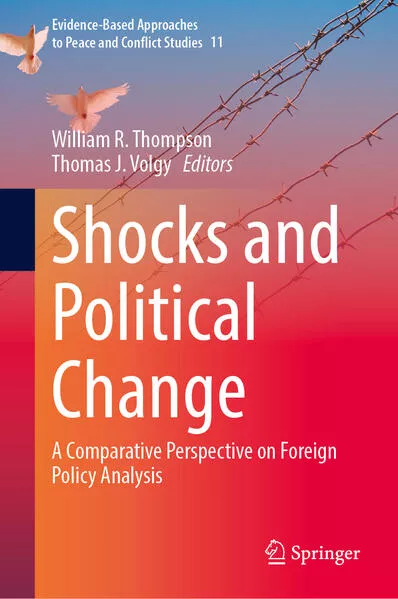
Shocks and Political Change
A Comparative Perspective on Foreign Policy Analysis
Political shocks have come to be considered highly salient for explaining major changes to international politics and to the foreign policies of states. Such shocks can occur at all levels of analysis: domestically, dyadically, regionally, or globally. They range from political phenomena such as coups and wars to ecological catastrophes. These shocks are sufficiently disruptive to cause foreign policy makers to reconsider their foreign policy orientations and to contemplate major changes to their policies. In fact, some have argued that it is mostly through political shocks that fundamental policy change occurs in most states. No wonder then that political shocks are now increasingly part of the toolbox of considerations used by foreign policy and international relations scholars as they focus on understanding patterns of conflict and cooperation between states.
Given the salience of political shocks to understand foreign policy change, this book brings together a group of both senior and more junior scholars whose previous work has shown substantial promise for moving forward theory and empirical analysis. Their combined efforts in this book highlight the value of multiple theoretical and empirical approaches to a clearer understanding of the nature of political shocks and their consequences for foreign policy and international politics.
Unterstütze den lokalen Buchhandel
Nutze die PLZ-Suche um einen Buchhändler in Deiner Nähe zu finden.
Bestelle dieses Buch im Internet
| Veröffentlichung: | 14.06.2023 |
| Höhe/Breite/Gewicht | H 23,5 cm / B 15,5 cm / - |
| Seiten | 256 |
| Art des Mediums | Buch [Gebundenes Buch] |
| Preis DE | EUR 128.39 |
| Preis AT | EUR 131.99 |
| Auflage | 1. Auflage |
| Reihe | Evidence-Based Approaches to Peace and Conflict Studies |
| ISBN-13 | 978-9-819-91497-5 |
| ISBN-10 | 9819914973 |
Über den Autor
William R. Thompson is Distinguished Professor and Rogers Chair of Political Science Emeritus at Indiana University and Editor-in-chief of the Oxford Research Encyclopedia of Politics. He is a former President of the International Studies Association and twice Editor-in-Chief of International Studies Quarterly. Recent books include The Oxford Encyclopedia of Empirical International Relations Theory (editor, 2018); Racing to the Top: How Energy Fuels Systemic Leadership in World Politics (co-author, 2019), Shocks and Rivalries in the Middle East and North Africa (co-editor, 2020); Power Concentration in World Politics: The Political Economy of Systemic Leadership, Growth and Conflict (2020); American Global Pre-eminence: The Development and Erosion of Systemic Leadership (2021), and Climate Change in the Middle East & North Africa From Pre-History to the Present: 15,000 Years of Crises, Setbacks, and Adaptation (co-author, 2021).
Kentaro Sakuwa is an associate professor of international politics at the School of International Politics, Economics, and Communication (SIPEC), Aoyama Gakuin University in Tokyo, Japan. He received a Ph.D. in political science from Indiana University, Bloomington in 2015. Prior to joining SIPEC as an assistant professor in April 2017, he was a visiting assistant professor at Valparaiso University in Indiana, USA.
His research focuses on the causes of conflict and peace, especially from the regional, spatial, and network perspectives. Key research questions include why some regions are more peaceful than others, how regime type and international peace coevolve, and how rivalries transform into peaceful relationships.
Diesen Artikel teilen
0 Kommentar zu diesem Buch
.... weitere Publikationen von Springer Singapore
Echo aus dem Eis: Band 2 der Northern-Drift-Reihe - Aviation-Mystery in Eis und Dunkelheit
Bewerbungsfrist bis zum: 03.03.2026



